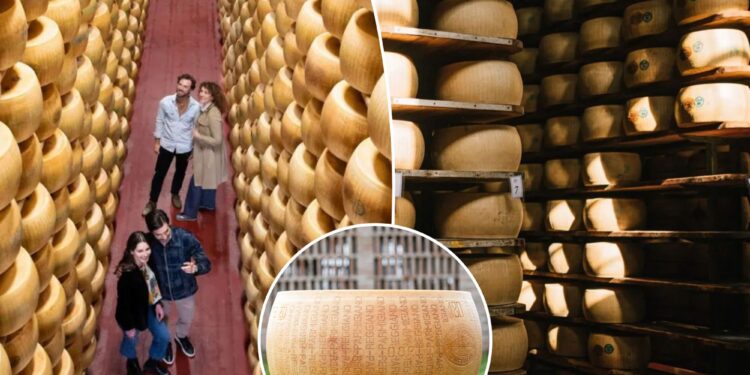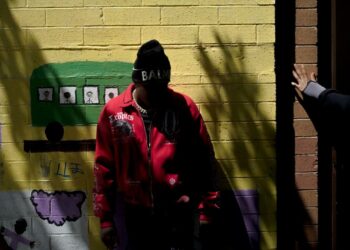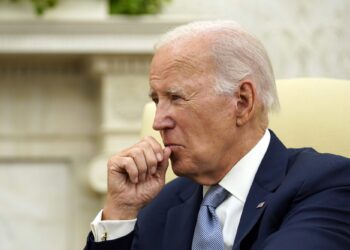
It’s a story that’s hard to Brie-lieve.
The hottest item on the black market is often yellow or white as thieves target bulk supplies of artisan cheese rather than casing, say, jewelry stores.
Recently, a 63-year-old man was arrested in England for shredding London cheesemonger Neal’s Yard Dairy out of $389,000 worth — an estimated 48,000 pounds — of the gourmet goods.
The October robbery, however, is just a sample size of how premium and high-value cheese is oozing into the criminal underworld.
It is to the point that fed-up suppliers like the Parmigiano Reggiano Consortium are microchipping their products.
“They know crimes involving food result in less severe convictions than for importing drugs,” Andy Quinn of the United Kingdom’s National Food Crime Unit told the British Broadcasting Company, noting that money-hungry perps “can still make similar amounts of money.”
While some nefarious thieves will use food to smuggle drugs, others target perishables like cheese because it is less consequential if they get pinched — or perhaps smeared — by the law.
“There is a long-established connection between food and organized crime,” added Quinn.
Pricey cheeses also face counterfeit competitors, and the difference is much more subtle for buyers than sussing out phony Louis Vuitton bags sold on New York’s Canal Street, the Wall Street Journal reported.
Counterfeiting has become so widespread and tasteless that purveyors of the popular Parmigiano Reggiano variety began placing edible tracking microchips — smaller than a grain of rice, reported the BBC — onto their 90-pound Parmesan wheels more than a year ago.
The chips contain digital authentication.
“We keep fighting with new methods,” Alberto Pecorari, who handles authenticity issues for the Parmesan consortium, told the Journal.
The World Trade Organization reports that food fraud, which excludes alcoholic beverages, costs the industry from $30 billion to $50 billion annually.
In recent times, cheese has been a substantial slice of illicit profits, according to dairy specialist Patrick McGuigan.
As “an energy-intensive business” due to refrigeration and the need to heat milk, Russia’s invasion of Ukraine caused a surge in cheese prices due to rising fuel costs, McGuigan explained to the BBC.
Parmesan expert Pecorari said that the industry won’t crumble to criminal pressure, no matter how many sophisticated methods wheel forward.
“We won’t give up,” he declared.



























